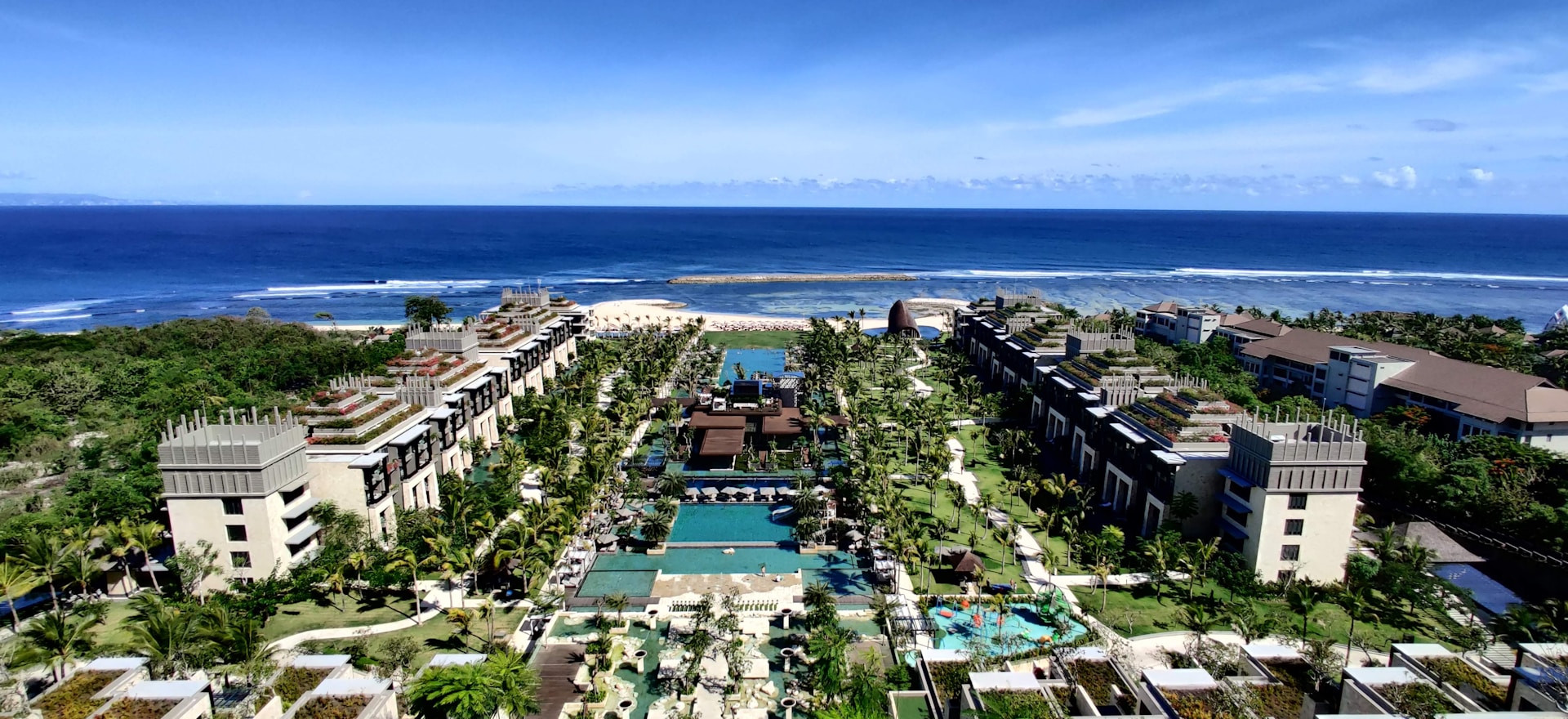
Off-plan properties
For tourists, Bali has long ceased to be just a tropical paradise. More recently, the island has gained a reputation as a hub for entrepreneurs wanting the same lifestyle-business opportunities available here. In recognizing the modern economy, international society, and rich culture of Bali, doing business here can be highly rewarding – however, only if one understands the rules and conditions that apply there.
Bali’s strategic location within Indonesia's archipelago is one of its biggest advantages when it comes to starting a business. With a year-round tourist population, the island maintains continued demand for hospitality, wellness, dining, and the arts. In addition, Bali has ties to other major Southeast Asian markets, making it possible to collaborate directly and import products or materials from adjacent countries.
Despite the fact that tourism is the main base of its economy, opportunities for economic diversity are not limited to hotels and restaurants. Demand for co-working areas, tech services, and specialized retail has been driven by the rise of digital nomads on the island. The best entrepreneurs mix local customs with business models adapted from abroad.
There are certain legal structures that foreigners must follow if they want to open a business in Bali. The most common route is to establish a PT PMA (foreign-owned limited liability company), since this is frequently done. This entity allows international investors to operate legally, employ people, and buy several types of properties for business purposes. However, the process includes capital requirements, permits, and the need for regular reporting to Indonesian authorities.
Understanding business licenses is crucial. Furthermore, every industry has regulations and specific permits. If one plans on owning a business without the proper permit, it will likely end in fines or even closure. For navigating the bureaucracy, choosing a reliable local consultant or legal advisor is usually the safest way to handle it.
One of Bali's principal selling points is that, as well as the natural wonders it offers, it also boasts a rich cultural heritage. Ultimately, success in business is highly dependent on localized customer habits and community links. Entrepreneurs who show respect by honoring local ceremonies, supporting village projects, and employing locals are often met with more open arms from both customers and authorities. Such an approach is not only good ethics, but also pragmatic business sense, and it engenders trust, which in turn builds loyalty.

Starting and running a business in Bali requires careful financial planning:
More than the digits and fine print, what people love about doing business in Bali is the lifestyle: working in paradise, surrounded by beautiful beaches, endless rice fields, and other fellow entrepreneurs. This, it is thought, can lead to creativity and sustained motivation over the longer term.
Setting up a business in Bali combines both an opportunity and a lifestyle unlike any other. As a result, even the best idea will not succeed if it is not legally compliant, culturally aware, and strategically planned. For those willing to wade through these requirements, Bali is a goldmine for investment and growth – both financially and emotionally.